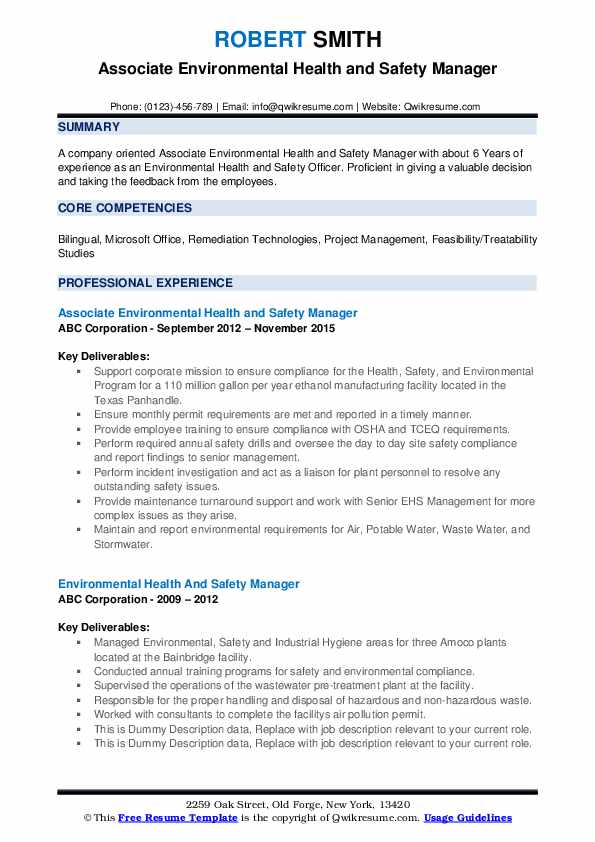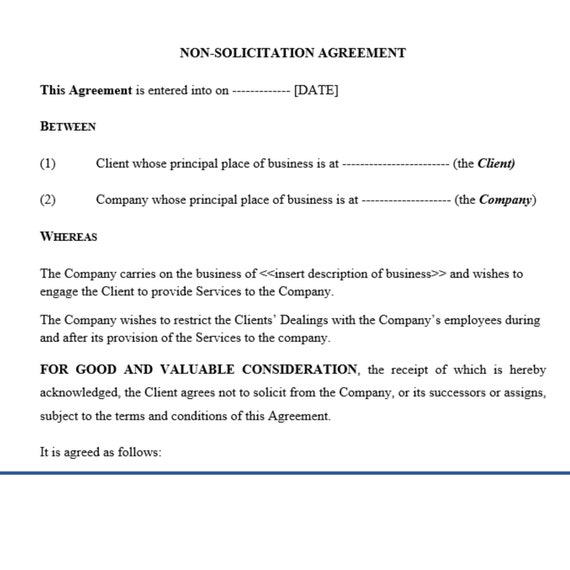
B2B marketing refers to marketing to businesses that sell goods or services. There are many ways you can market to this audience, but the best is to build relationships. Email signatures that include personalized content are a great way of doing this. Email signatures are great for both outbound and inbound marketing. B2B marketing can target different types of companies, including government agencies, institutions, resellers, and producers.
Building relationships and connections with journalists and industry experts
B2B Marketing is about building relationships and trusting journalists and industry experts. The goal is to establish a trusting and mutually respectful relationship. To do this, you should research your target business and trade organizations, as well as social media accounts, and create a comprehensive buyer persona. Additionally, you need to develop a content marketing campaign to promote the brand.
For your B2B marketing efforts, it is worth building relationships with journalists or industry influencers to gain valuable publicity. For valuable media coverage, you can also hire PR firms. To boost your credibility, you may also want to establish relationships with journalists or other industry professionals.
Customer experiences that are memorable
It is vital to create memorable customer experiences for b2b advertising if you wish to retain customer loyalty. Today's consumers demand a unique brand experience and want their needs to be met in unexpected ways. Here are some examples companies that have created memorable experiences for their customers that will make them return again and again.

Create a customized customer experience. The way you interact and communicate with customers is part of this personalized customer experience. This means that you must ensure that your marketing and sales teams work together and that you establish meaningful relationships. Marketing automation can be used to improve customer service.
To share valuable content, use social media platforms
B2B Marketing is not complete without the use of social media platforms for sharing useful content. This is a very flexible medium for marketing and the right content could help your business stand apart in your niche. Create engaging posts and make use of B2B social networking to educate and entertain. This will ensure the best results. Social media in B2B Marketing is designed to inspire your audience and encourage them to talk about your content.
B2B marketers need to use the visual elements of their content in order to engage their customers. Photographs taken at industry events or casually sharing company progress can help build authenticity. This is particularly important for B2B startups.
Using print ads
Print ads are a great way to reach business owners. They can be targeted by location and industry. B2B deals are often based upon personal connections. Print ads can be used to help you build these connections in a targeted way. Sponsorships are common for B2B marketing and are often seen at industry events and trade shows. They are also often found at national sporting events.
While newspapers tend to have the largest reach, magazines are excellent for smaller niche businesses. The Wall Street Journal, The Economist, and The Financial Journal are all great places to advertise. B2B buyers are also a target audience for magazines, which tend to have a higher conversion ratio. Brochures, flyers, and other marketing materials are effective for B2B. They are very convenient and can be distributed in a wide area.

Using webinars
Webinars are a great tool to promote your B2B company and position you as an expert in the field. You can connect with people around the world and develop relationships. These webinars can generate a large number of leads that can eventually turn into customers. In 2015 webinars were used by 60% of B2B firms. But they should be planned carefully and the ROI considered.
First, create a list with targeted audiences. Once you have the list of prospective buyers, you can focus your webinar content on these audiences. The content must be relevant and informative. A webinar on a topic that is popular and relevant to your business will attract a wider audience. A speaker with a large following within your industry is also important.
FAQ
How is consulting different to freelancing
Freelancers are individuals who work for themselves and offer their services to clients. They typically charge hourly rates based on time spent working on a client's project. Consultants typically work for agencies and companies that employ them. Consultants are typically paid either monthly or annually.
Because they have control over their work hours and can set their prices, freelancers are more flexible than consultants. Consultants have better benefits, like health insurance, vacation time, sick leave, retirement plans and etc.
What is the difference in a consultant and advisor?
A consultant is an advisor who gives information on a particular topic. A consultant can offer solutions.
A consultant works directly alongside clients to help them realize their goals. A consultant provides advice to clients through books and magazines, lectures, seminars, and other means.
What happens when the consultant finishes the job?
After the consultant completes his/her work, the final report will be submitted detailing the findings of their work. This report includes the deliverables and project timelines.
You will then review the report to determine if the consultant fulfilled your expectations. If the report does not meet your expectations, you have two options: to request changes or to terminate the contract.
Can consulting be considered a real job?
Consulting isn't just a career option for those who want to earn quick money. It's also a great place to gain valuable skills and build a foundation you can use in your future work.
There are many opportunities for consulting, including project management, strategy, training and leadership. You could find yourself working with small start-ups and large international corporations.
Consulting provides you with the opportunity to develop and hone your skills, as well as gain experience within a range of industries. This could include learning how to manage teams, write proposals, manage budgets and analyze data.
What are the types of contracts available to consultants?
When consultants are hired, they sign standard employment agreements. These agreements outline how long the consultant will work for the client, what he/she will get paid, and other important details.
Contracts specify the area of expertise that the consultant will specialize in and the amount they will be paid. For example, the agreement may say that the consultant will provide training sessions, workshops, webinars, seminars, etc.
Sometimes the consultant will simply agree to complete a task within a certain timeframe.
Many consultants also sign independent contractor agreement in addition and standard employment agreements. These agreements allow consultants to work independently while still receiving payment.
What tax do I have to pay on consulting income?
Yes, tax will be payable on any consultancy profits. The amount of your earnings per year will determine the tax payable.
You can also claim expenses if you are self-employed. This includes rent, childcare, food, and transportation.
But, interest payments on loans, vehicle and equipment depreciation will not be allowed to be deducted.
You cannot claim back less than PS10,000 in a given year.
However, even if your earnings exceed this threshold you may still be subject to tax depending on whether or not you are a contractor or an employee.
The tax system for employees is PAYE (pay-as-you earn), while VAT is applied to contractors.
Statistics
- On average, your program increases the sales team's performance by 33%. (consultingsuccess.com)
- "From there, I told them my rates were going up 25%, this is the new hourly rate, and every single one of them said 'done, fine.' (nerdwallet.com)
- WHY choose me: Why your ideal client should choose you (ex: 10 years of experience and 6-week program has helped over 20 clients boost their sales by an average of 33% in 6 months). (consultingsuccess.com)
- So, if you help your clients increase their sales by 33%, then use a word like “revolution” instead of “increase.” (consultingsuccess.com)
- Over 62% of consultants were dissatisfied with their former jobs before starting their consulting business. (consultingsuccess.com)
External Links
How To
How do I find a good Consultant?
Finding a great consultant starts with understanding your expectations. Do you want them to help you improve your website's performance? Do you want them to optimize your site to rank higher in search engines? Or perhaps you just want someone who can tell if there are any issues with your current hosting provider. After you have decided what services you need, it is time to start looking at potential companies. There are many consultants out there who claim they can provide these services, but only a few actually live up to their claims. How can you pick the right one? Here are some tips to help you choose a consultant.
-
Get recommendations. This is probably one of the best ways to find a consultant. It's not a good idea to hire someone you haven't heard of, as you will likely end up paying too much. However, you shouldn't work with someone with poor reputations. You're fortunate enough to receive referrals from people you trust. But even if you don't, you still might be able to check reviews online. Find testimonials and case study examples from customers who have used your product.
-
Ask around. Many people are not aware of the benefits of hiring a consultant. They think that since they're currently doing fine, they don't need to make changes. This is often false. Even if you are seeing great results, it is likely that you have not been keeping up to date with technology and trends. If you continue to rely on outdated methods, your business will be unable to grow. It's always worth asking around to see if anyone knows of a good consultant.
-
Verify their qualifications. It doesn't matter if you are looking for a consultant to help you build a blog or launch a multimillion-dollar eCommerce site, you need to make sure they have the right skills to manage your project. Check that they are qualified to complete the tasks and have enough expertise in the chosen area.
-
Find out what kind of projects they specialize in. Although it might seem like everyone can do everything, this is not true. Certain areas may require special training or education. A developer who is a specialist in Drupal would not be able to help you build a WordPress theme. This is true for programming languages and graphic design. Ask them what types of projects they are most familiar with.
-
Know what they charge. As we said, you don't want to pay too much for a consultant. But you also don't want to pay too little either. There are many different types of consultants. There are some that charge an hourly fee, while others may bill per job. Knowing exactly what you're paying upfront will save you money down the road.
-
Learn what they offer. Do they offer free consultations? Do they offer advice on setting up your system? Is it possible to be sure that your site ranks higher when you work with them You have the right to cancel at any time if you aren't satisfied with what was said during your consultation.
-
Find out if the company offers discounts for several months or years. Many consultants offer discounted pricing over extended periods. While you don't necessarily need to commit for a whole year, you can still take advantage of any deals that they offer.